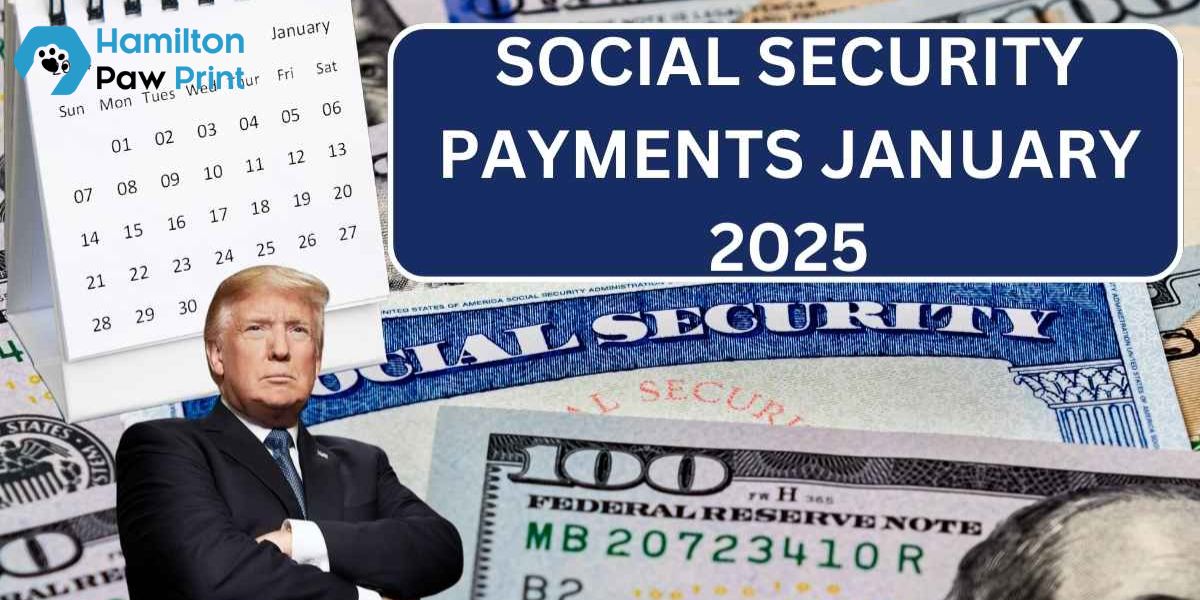HPP: Significant adjustments will be made to the Social Security payment schedule in early 2025. Since beneficiaries won’t get paid until at least one month prior to this year, they should exercise caution. A special feature of the calendar that started at the end of 2024 is addressed by this change.
According to calendar regulations, Supplemental Security Income (SSI) cheques are issued on the preceding business day if the first day of the month occurs on a holiday or weekend.
As a result, on December 31, the January checks were distributed. Checks will be delivered on January 31st for February and February 28th for March.
The latest Social Security payout cycle
On this specific subject that brings us here, we must note that checks will not be issued in March until April, as explained by the SSA. Beneficiaries who are used to receiving their payments on a regular basis may become confused by this schedule change.
In 2025, beneficiaries will need to think about more than just changes to Social Security benefits. Additional modifications include revisions that may affect various beneficiary categories, new full retirement ages, and cost-of-living adjustments.
The biggest shift, though, might be about to happen as the nation awaits President Joe Biden’s signature of recently passed legislation that would raise millions of people’s Social Security benefits. The elimination of long-standing Social Security payment cutbacks is a well-known feature of this bipartisan bill.
This measure might help almost three million people who get pensions from their employment in public service positions or in federal, state, and municipal government.
Despite the fact that this move has been anticipated for decades, the push to adopt it has accelerated in recent weeks, culminating in 2025, right before Congress recedes.
IRS $1,400 Stimulus Check: Here’s When You Can Expect Your Payment?
2025 Social Security maximum benefits
The maximum Social Security income in 2025 will change based on your chosen retirement age. You can anticipate receiving a maximum payout of $4,018 per month after you reach full retirement age. The monthly maximum, however, falls to $2,831 if you decide to retire at age 62.
In contrast, you can receive a maximum benefit of $5,108 per month if you postpone retirement until you are 70 years old.
Additionally, recipients of Social Security should be aware of a number of changes that will occur in 2025. To help people retain their purchasing power, Social Security and Supplemental Security Income (SSI) benefits will be subject to a 2.5% cost-of-living adjustment (COLA).
The income cap for individuals who have not attained full retirement age will be $23,400, while the highest income limit due to Social Security tax will rise to $176,100.
The average increase in retirement benefits for beneficiaries is projected to be about $50; however, the expenses of Medicare Part B payments may limit this net increase.
How Missouri’s Minimum Wage Hike to $13.75 Affects Missouri and Kansas
Bipartisan support for Social Security reforms
With 27 Republicans and all Democrats voting in favor of the bill, the Senate vote was remarkably bipartisan. The final count was 76 to 20 as a result. According to Senate Majority Leader Chuck Schumer, “millions of retired teachers, firefighters, mail carriers, and state and local workers have waited decades for this moment.”
Two clauses that restrict Social Security benefits for some recipients who receive retirement benefits from other sources will be removed under the law.
The Government Pension Offset and the Windfall Elimination Provision have been removed. For people whose benefits have already been reduced, this revocation may result in higher monthly payments.

